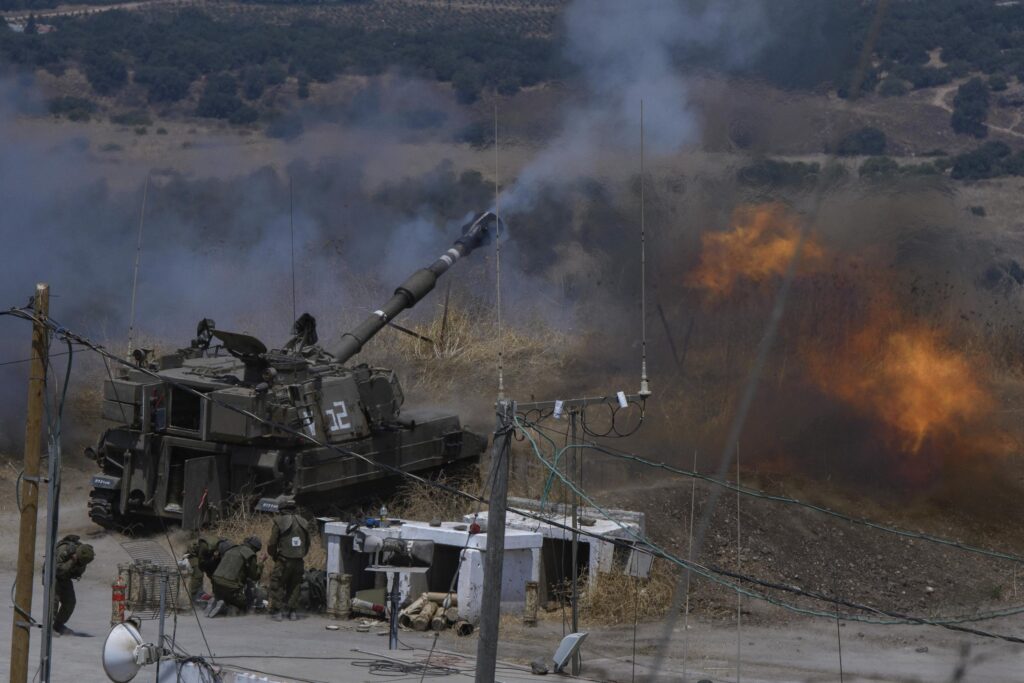In the aftermath of devastating Israeli airstrikes, Hezbollah has vowed to confront any Israeli ground invasion into Lebanon, according to the group’s deputy leader, Naim Qassem. His speech, delivered from an undisclosed location, marked his first public appearance since the death of the organization’s long-time leader Hassan Nasrallah. The strikes that killed Nasrallah last week have shaken Hezbollah, marking the most significant blow to the group since its founding by Iran in 1982.
Despite this, Qassem declared Hezbollah’s preparedness to engage Israeli forces in a ground war if necessary. “We are ready if the Israelis decide to enter by land,” he asserted, while maintaining that the group’s rocket strikes, which have hit as deep as 150 kilometers into Israel, would continue. “What we are doing is the bare minimum… we know the battle may be long,” he added.
Israeli airstrikes on Lebanon, particularly targeting Hezbollah’s command structures, have killed numerous commanders and disrupted communications within the group. These attacks have also led to severe humanitarian consequences, with the Lebanese government reporting nearly 1,000 civilians killed and over one million displaced.
Lebanon’s caretaker Prime Minister, Najib Mikati, stated that his government is ready to implement U.N. Resolution 1701, which calls for Hezbollah’s disarmament and the deployment of the Lebanese army south of the Litani River, in an effort to halt the ongoing conflict.
As Hezbollah works to replace Nasrallah, a figure who was seen as a hero to many in the region, Qassem assured that the group would quickly fill leadership positions and continue to resist Israeli advances.
Elsewhere, Israeli strikes also claimed the life of a Hamas leader in Lebanon, Fateh Sherif Abu el-Amin, along with members of his family, further escalating tensions across the region. The conflict has extended beyond Lebanon, drawing in militants from the Palestinian territories and other regions, creating a multi-front battle that threatens to destabilize the entire Middle East.
Israel’s Defense Minister Yoav Gallant reinforced Israel’s commitment to ensuring security in its northern regions, indicating that a ground invasion remains a possibility.
With multiple fronts now engaged and the elimination of key figures like Nasrallah and Hamas leaders, the situation remains volatile. International reactions have been swift, with Iran vowing retaliation and Russia expressing concern over a potential humanitarian catastrophe across Lebanon.
The ongoing hostilities have claimed numerous lives and wreaked havoc on civilian infrastructure, with no signs of de-escalation on the horizon.



